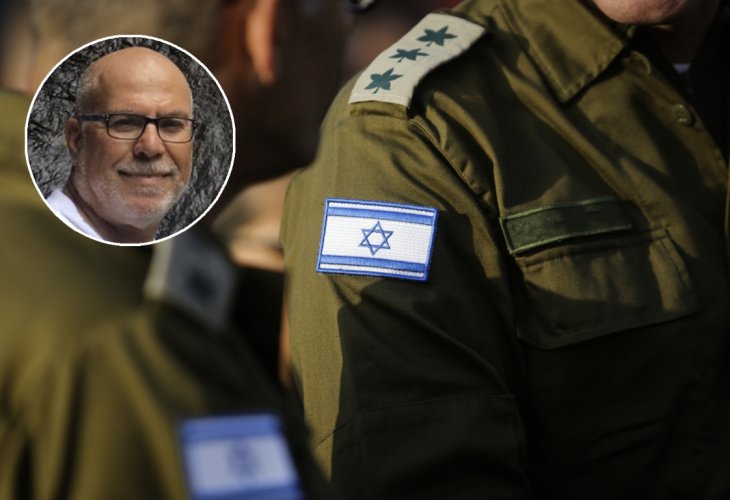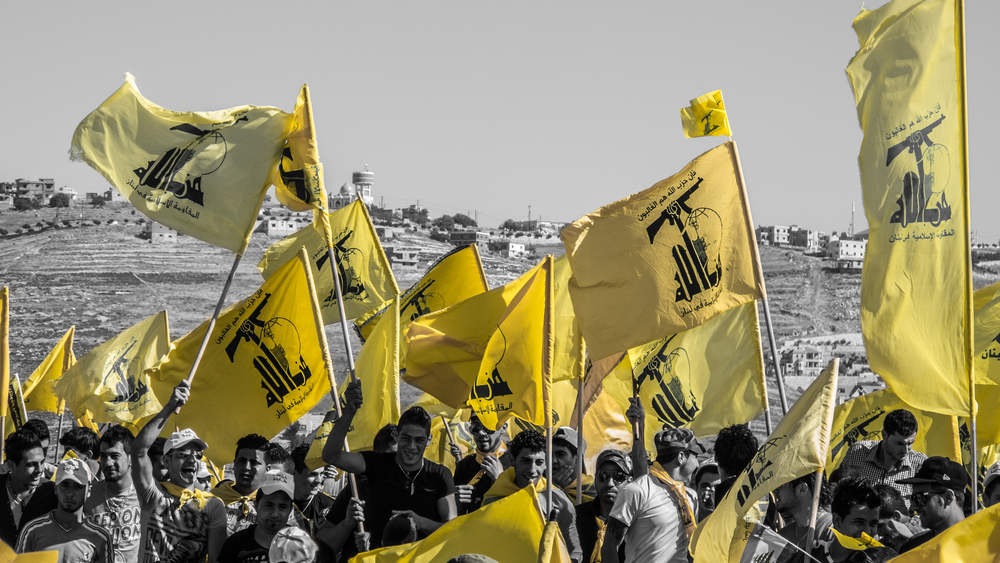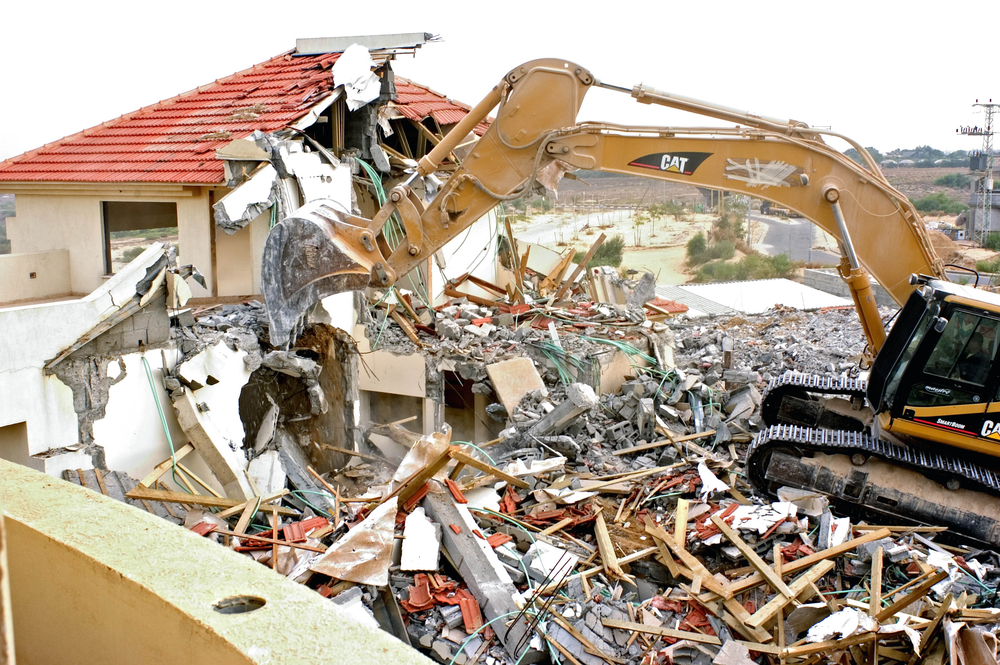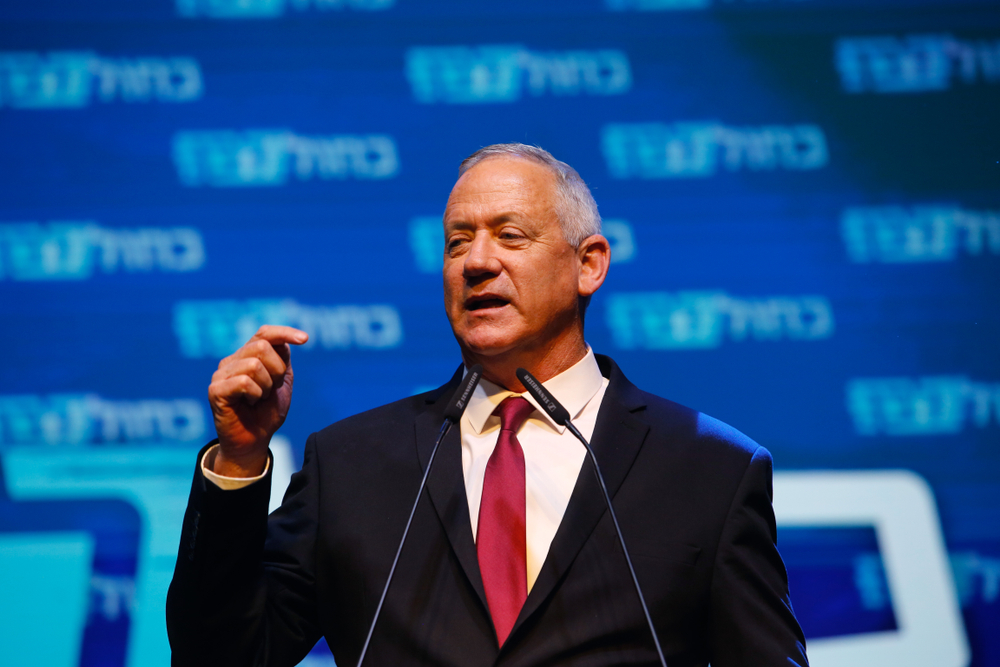Former Southern Command Head: "The IDF Lacks Enough Weaponry to Fight Enemies; Only a Higher Power Protects Us"
Former Brigadier General Tzvika Fogel discusses Israel's backstage operations, expressing concerns about its handling of threats and advocating a different approach toward Iran.
 (Pictured: Tzvika Fogel)
(Pictured: Tzvika Fogel)Former Brigadier General Tzvika Fogel looks at the situation in Israel with deep concern. "Israel is handling terrorism incorrectly," he says. "We are showing weakness, yielding, retreating, and failing to demonstrate the strength that is crucial in this region."
Fogel, who formerly commanded an artillery brigade in the army and later became the Chief of Staff for the Southern Command, retired after years of service and pursued various endeavors. In the years following his retirement, Fogel served as a council head and even led a rescue unit, all the while continuing to warn and alert others. In his view, he must raise his voice, hoping someone in authority will take notice.
The essence of his warning concerns Israel facing a catastrophe. In a conversation with 'Hidabroot', he references the threat from the north following a Hezbollah attack on the Israeli border fence, which was a response to an Israeli strike. "It’s incorrect to get dragged into discussions about such incidents, whether it's Hezbollah's attempt to breach the border or launching rockets into the south; the issue is much larger," Fogel says. "We need to consider the entire picture and, if we examine it carefully, we'll find ourselves in an especially problematic situation."
Don't Rely on a Balance of Terror
To clarify his point about Israel's ineffective handling of terrorism, Fogel refers to the number of rockets Hezbollah possesses. "Two decades ago, this terrorist organization had about 10,000 rockets. Today it's around 150,000, with some very precise ones. What is Hezbollah's purpose in amassing these missiles? Does Nasrallah want them to rust? More likely, they plan to launch these missiles at Israel in the future," he warns.
However, we see a balance of terror between Hezbollah and Israel. Nasrallah could have launched missiles at Israel long ago, but chose not to
"Do you want to rely on this balance? Until when?" Fogel asks, adding: "I want the other side to have neither chemical weapons in Syria nor rockets with Hezbollah or Hamas. As I said, Hezbollah already has about 150,000 rockets. Suppose Israel takes out most of these missiles, even if 90% of those fired hit open areas, 1,500 could still hit populated regions. This is a recipe for disaster, even in the best-case scenario where each missile hits only one person, we could still have 1,500 fatalities."
At this point, Fogel clarifies that he does not support the occupation of territories by Israel. "I don’t want to take over areas where terrorists or hostile forces operate, but we definitely need to act decisively to thwart any organization against us where possible. Had we acted with focused intervention, we wouldn’t face the threat from the north today."
 (photo: shutterstock)
(photo: shutterstock)What do you suggest the political echelon should do by tomorrow morning?
"There are 15,000 fighters in the Hezbollah army, and Hamas has 5,000 in Gaza. Israel should eliminate all these fighters. We need to look at the whole picture and understand what benefits Israel in the long term. Therefore, if our enemies don't want us to live in the State of Israel, we must ensure they don't have the power to fight us and act to achieve this goal.
"My idea is to initiate the next war for the future of the State of Israel ourselves. Not to be dragged. Israeli leaders must not stand at the threshold as beggars seeking quiet for money or land concessions to the Palestinians. We must achieve our peace through clear and concrete deterrence, whereby our enemies will recognize that if they attempt to fight Israel, they will be severely defeated, until the enemy must raise a white flag and acknowledge Israel's right to exist, without an airport and a daily port or other rewards.
"Moreover," says Fogel, "once Israel defeats Hamas and Hezbollah, there will be no Iran. Iran operates in Syria in two capacities—one for Hezbollah and another for Syria. What benefits Israel regarding its operations in Syria is the fact that when Israel attacks in Syria, it serves Russia’s economic interests, as Russia wants Assad to purchase advanced weapons for air defense and the like. Therefore, I believe Israel receives intelligence from Russia before striking in Syria. This is not merely tacit consent to Israeli actions, as presented in Israeli and world media."
On this matter, Fogel believes that creating the Iron Dome was a strategic mistake. "It's not a mistake in terms of human life because the system did save lives. But it certainly is a strategic mistake because this system allows a policy of avoiding confrontation with the enemy due to the fact they're unable to harm civilians. The Israeli leadership makes good use of the freedom of action the system grants, while thousands sit in shelters, and children grow into a particularly harsh reality of fears and anxieties."
"Israel Should Start a War Against Syria"
Fogel also expresses cautious appreciation of the ongoing 'war between the wars', MABAM, that Israel is conducting against Iran in the north. "Israel is doing the right things in Syria," he says, "The Israeli operations are preventing significant Iranian entrenchment on the ground. A similar approach should have been taken against Hezbollah in the north during the years they armed without interference. But we need to understand that Israel’s struggle in Syria is like taking aspirin for a severe illness. Against the comprehensive jihad war being waged against us, these strikes do not even constitute deterrence."
The former Southern Command head suggests Israel should immediately wage war against Syria to prevent any hostile entrenchment from the north. "We must do so by surprise, entering the area at an early hour. This applies across all fronts until a white flag is raised, and in the case of Hamas, until the captives are returned to Israel."
According to him, the reason Israel refrains from such action is that "our leaders are afraid to make decisions that lead to casualties. We prefer to bear our casualties, Heaven forbid, only after the enemy initiates action against us, which is precisely the problem because then we are surprised and not them."
Fogel believes Israel erred when it left Gush Katif. "Initially, I supported the disengagement," he says, "I thought it was not right to invest such considerable effort to protect 17,000 residents just to show the enemy we wouldn't retreat. In hindsight, I realize it was a mistake, as was the withdrawal from southern Lebanon during Ehud Barak's term. In vacating these areas, we showed weakness. Terror should be fought with force, not withdrawals. Otherwise, we broadcast weakness that the other side interprets well.
 (photo: shutterstock)
(photo: shutterstock)"The Palestinians," Fogel adds, "have succeeded in defeating us continuously, in very clear stages and over the years. They are exhausting us, gaining a new achievement every time. Part of the Palestinian achievement is the internal debate within Israel about handing over territories and other concessions. Today, we discuss the question of applying sovereignty, but there is no question here. Between Jordan and Israel, there must not be a Palestinian autonomy, and the Jordan Valley should be settled by two million Jews if we give the valley to the Palestinians - our security will be compromised.
"Ultimately, we live in a world of interests; this is one thing Israel hasn't grasped well. Our long-term interest is to live within secure borders and alongside sovereign states, rather than facing terrorist organizations or those indirectly supporting terrorism."
"There Is a Higher Power"
Fogel does not have high regard for politicians steering Israel's wheel. He believes that fear, not audacity or courage, drives their defense strategies. He has even less respect for the future prime minister, the leader of 'Blue and White', Benny Gantz.
"I sat with Benny Gantz at the critical junctions of security events. The man is unable to bang on the table and make decisions. Netanyahu, who speaks of strength yet demonstrates weakness, is not the right person either. A strong Israeli leader must declare that he will not yield even an inch of Israeli land. As of now, Prime Minister Benjamin Netanyahu hasn’t said it. Economically, he is good. In terms of security, he is not.
 Benny Gantz (photo: shutterstock)
Benny Gantz (photo: shutterstock)"Regarding Benny Gantz himself, I said this when he entered politics, and I'll say it again: 'This man cannot and is not able to lead a country.' I said it openly; perhaps his external attributes are good, but he is not someone who can decide on something and make sure everyone follows that decision. Netanyahu, on the other hand, can."
Fogel, who, by his own account, always carries a kippah, concludes that "If our enemies wanted, they could have defeated us long ago. They outnumber us by 20 times, and if they merely wished to march to the border, the IDF would not have enough bullets to deal with them. The fact that we are still living here and can fight our enemies is a miracle. The common claim that it's all due to Israeli technology and wisdom is not true. I was there at the critical junctures, and I say clearly, there is a higher power watching over us. This is clear beyond any doubt."

